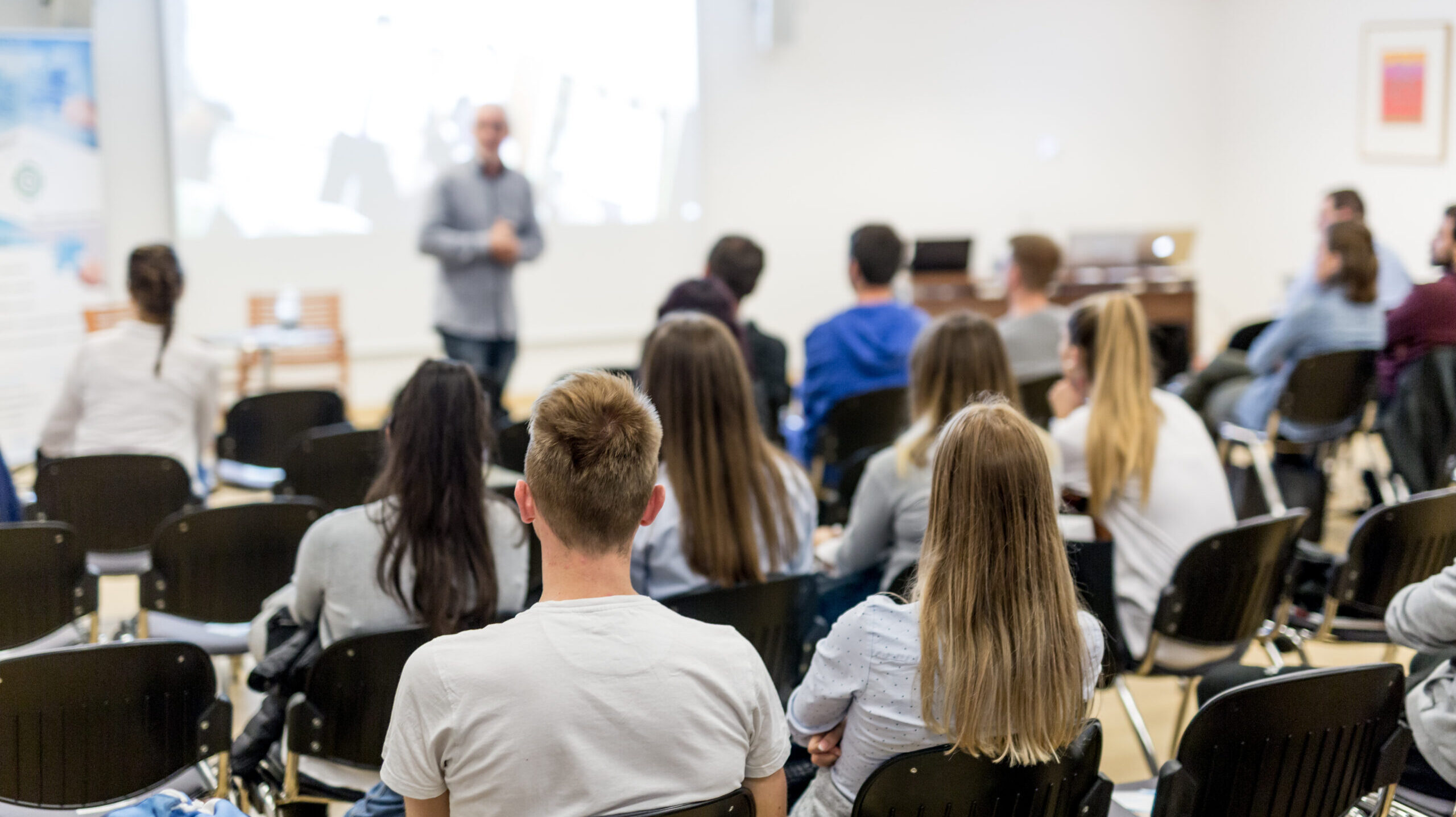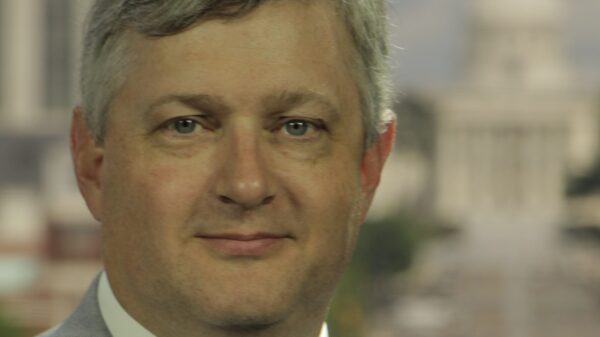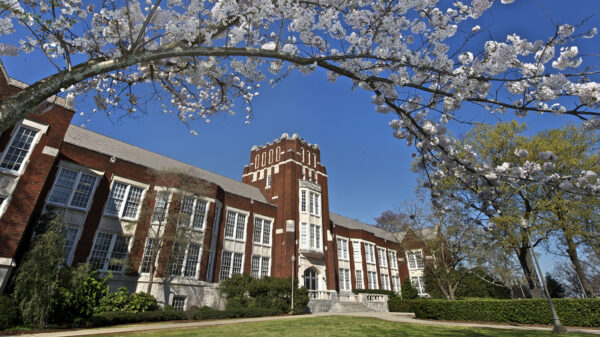This month, in Washington, D.C., I ran into one of my college professors at the American Enterprise Institute. I hadn’t seen him in 20 years; nor had I returned to campus recently. Once my superior, he was now my colleague. He’s taught for over 50 years.
I asked him about my alma mater—what was new there and what had changed. He frowned, “I hate to tell you, Allen, but things aren’t good.” Young faculty, he said, were training undergraduates to be ideologues, and the dogmatic students hijacked class discussions, bullying and terrifying their peers. Polite, orderly students transferred while disruptive, unruly students enrolled.
“When they visit me during office hours,” he complained, “the best students admit it’s because they’re too afraid to ask sensitive questions or debate controversial issues during class. They want social harmony, but that comes at the expense of genuine learning.”
Too many students use classrooms for activism, belligerently silencing competing viewpoints, he added, so other students wouldn’t proffer opinions at all: Better to remain quiet than to offend peers.
A culture of intimidation undermines the pursuit of knowledge and truth. Colleges committed to open inquiry should facilitate the organic exchange of ideas.
Some universities are legally and missionally constrained by fixed doctrine—private religious colleges, for instance, which may restrict what faculty teach or assign. A Christian seminary can, legitimately, fire professors who promote atheism or heresy.
Vocational schools train for skilled trades and do not have as their organized purpose scientific discovery or humanistic instruction. This generalization doesn’t always hold, of course, because technology and innovation implicate moral and ethical complexities that students and faculty ponder even in chiefly technical courses.
The point remains, however, that the standards, rules, and conventions are (or should be) different for public universities that prioritize objective research, and for secular liberal arts colleges, because these institutions require investigation and argumentation as conditions for intellectual improvement.
Disagreement is inevitable. Students must learn to maintain it at the level of rhetoric and discourse so that it doesn’t degenerate into violence or coercion. And they should experience how friendship, or at least civility, is possible despite conflict and disputation.
Unwillingness to challenge personal assumptions and suspend judgment for the sake of clarity and understanding leads to intolerance and illiberalism. A pervasive inability to entertain opposing beliefs might just explain political disfunction in our country writ large.
Why can’t we befriend people who disagree with us? The late Justice Antonin Scalia and Justice Ruth Bader Ginsburg provided a model for this kind of friendship. At odds on nearly every issue, champions of rival modes of jurisprudence, they nevertheless cultivated a deep and lasting bond. Their differences engendered mutual respect, not animosity or hatred. They didn’t impute improper motives to the other but recognized their shared desire for sound reasoning and correct answers.
Our “Word to the Wise” this week comes from Eugene Scalia, son of the late justice who, reflecting on Justice Ginsburg’s death, stated that she and his father “believed that what they were doing—arriving at their own opinions thoughtfully and advancing them vigorously—was essential to the national good.”
He continued, “With less debate, their friendship would have been diminished, and so, they believed, would our democracy.”
Few of us are so discerning as to realize the potential scope of a single friendship.
Note: This article is adapted from Allen Mendenhall’s regular segment “Word to the Wise” on Troy Public Radio.



















































